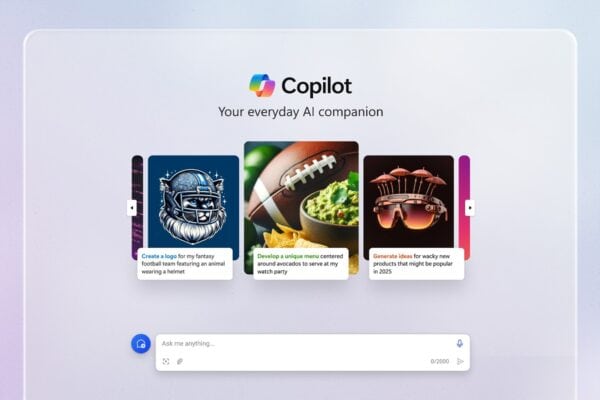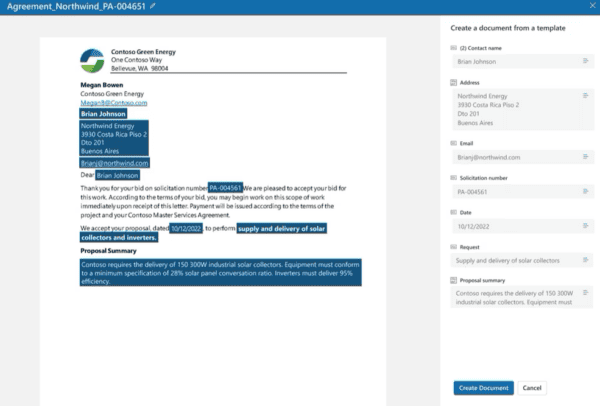It’s hard to attend any conference, webinar, or technology briefing these days without hearing ambitious, even bullish, predictions about the role of artificial intelligence and machine learning (AI/ML) across a full spectrum of technologies, including digital process automation, content management, and robotic process automation. Almost everyone agrees that AI/ML will alter the state of the digital process automation market, whether the focus is on customer experience, business operations, e-commerce, or consumers. But once you get past the fact that AI/ML looms large in the digital process automation space, questions arise, including:
- Will AI/ML adoption accelerate rapidly or gradually?
- Are organizations ready for adoption, and if not, when will they be? Is the learning curve steep and/or does AI/ML require significant resources? How will this impact the rate of deployments?
- Do businesses and government agencies have the necessary data quality, data integration, data sets, and data lakes to support widespread AI usage internally?
- How will AI/ML impact the work that humans do, and how will organizations manage a mixed workforce of people and robots?
- How and when will AI/ML renew, revitalize, and remake the digital process automation software market?
It’s still early days for mapping out how AI/ML will be used with digital process automation. For example, one executive observed, “there’s still a lot of [buyer and vendor] confusion about what is the role of AI, and what is the role of AI in digital process automation.” Many of these questions are difficult to answer at this stage, but four conclusions can be made about the current reality:
AI/ML is already being used for specific business processes in business and government agencies – and has been for some time. For example, AI/ML is used in financial services for fraud detection and natural language processing in call centers. Government agencies and e-business retailers use facial recognition and speech recognition for security checks and customer identification, while healthcare providers use them to diagnose and treat patients virtually. Retail, travel and hospitality, and financial services companies use sentiment analysis to understand their customers and assess public opinion.
Many organizations are not yet ready to implement new use cases for AI/ML. These business and government organizations are still getting their data sets, data integration, data scientists, etc., in place while working in parallel to understand how AI/ML will impact their organization and industry sector, as well as consumer behavior.
AI/ML will play a big role in revamped/reinvented business processes. Both the customer base and the digital process automation companies – particularly the forward-thinking organizations – are already working to determine how AI/ML will change business processes. For example, the loan origination use case is widely understood by financial services companies and their digital process automation vendors but is certain to change when AI/ML comes onto the scene. The same is true for many other business use cases, such as underwriting, claims processing, customer service, investigations, incident reporting, and so forth. Rethinking their many business process use cases will be an important step in organizations’ adoption of AI/ML-enabled business processes across all industry sectors.
AI/ML will be deployed by vendors inside their digital process automation products (e.g., modeling, execution, insight, and improvement). Process automation vendors agree that AI/ML will reshape and remake their market and their software products. However, when asked about specifics, process automation companies find it difficult to describe the best way to leverage AI/ML inside their software. That’s understandable, given the newness of the technology. In the words of one executive, “it’s a lot easier to see how AI/ML can leverage content services (think intelligent capture, for example) than it is to envision exactly how AI/ML will change the software design and product functionality for process automation tools.”
- moving consistently toward integrating AI/ML into their software platforms (i.e., business rules, process modeling, process mining, process governance, and process data)
- integrating AI/ML with channel interactions, such as voice, chat, mobile, social, and voice-enabled devices (as well as IoT devices)
- partnering with infrastructure players as much as possible, such as Amazon, Google, and Microsoft, or drawing upon their own AI/ML developments
Although technology providers are still at the thinking and evaluation stage, they are considering several opportunities for including AI/ML within digital process automation, including:
- developing ubiquitous no-code (point and click) software, intelligent process design, and pattern recognition will result in even easier-to-use products for businesspeople and process designers
- focusing on data sources by integrating digital process automation software with a wide range of data sources
- determining the best way for AI/ML to handle data extracts to help differentiate products
- using pattern recognition to determine the value of different workstreams and identify the best workstream pattern to use
- combining case management data and business data to improve decision-making within business processes
- using intelligence to recommend process design options during modeling (i.e., AI/ML-assisted development)
- identifying and reusing global processes instead of building duplicates
- analyzing process performance management data for inefficiencies and correcting them
- using process mining to make predictions based on process models
It’s an exciting but challenging time to be in the digital process automation business – whether as a technology provider or technology user. Because the market is still nascent, it’s not too late for organizations to provide insights, guidance, and direction to digital process automation vendors as they address how to best leverage AI/ML. In fact, such insights would be invaluable in shaping the future of digital process automation in an AI/ML age.
Other steps for getting ready include:
- taking a hard look at the data needed to drive AI/ML and planning accordingly,
- looking at how AI/ML can reinvent the organization’s digital channels,
- thinking about the role of AI/ML within robotic process automation, and;
- potentially prototyping an AI/ML initiative to accelerate the organization’s learning curve. Areas to consider include next best action, intelligent document
- capture, sentiment analysis, fraud detection, chatbots, content creation using natural language generation, predictive maintenance for manufacturing devices,
- group decision-making (e.g., hiring a candidate or deciding upon product features), and managing real-time interactions (e.g., delivery fleets) – to name a few.
Reference:
Moore, C. (2019). AI/Machine Learning Is the Next Big Thing in Digital Process Automation. Available at: https://www.k2.com/ai-machine-learning-the-next-big-thing [Accessed: 31st October 2019].











